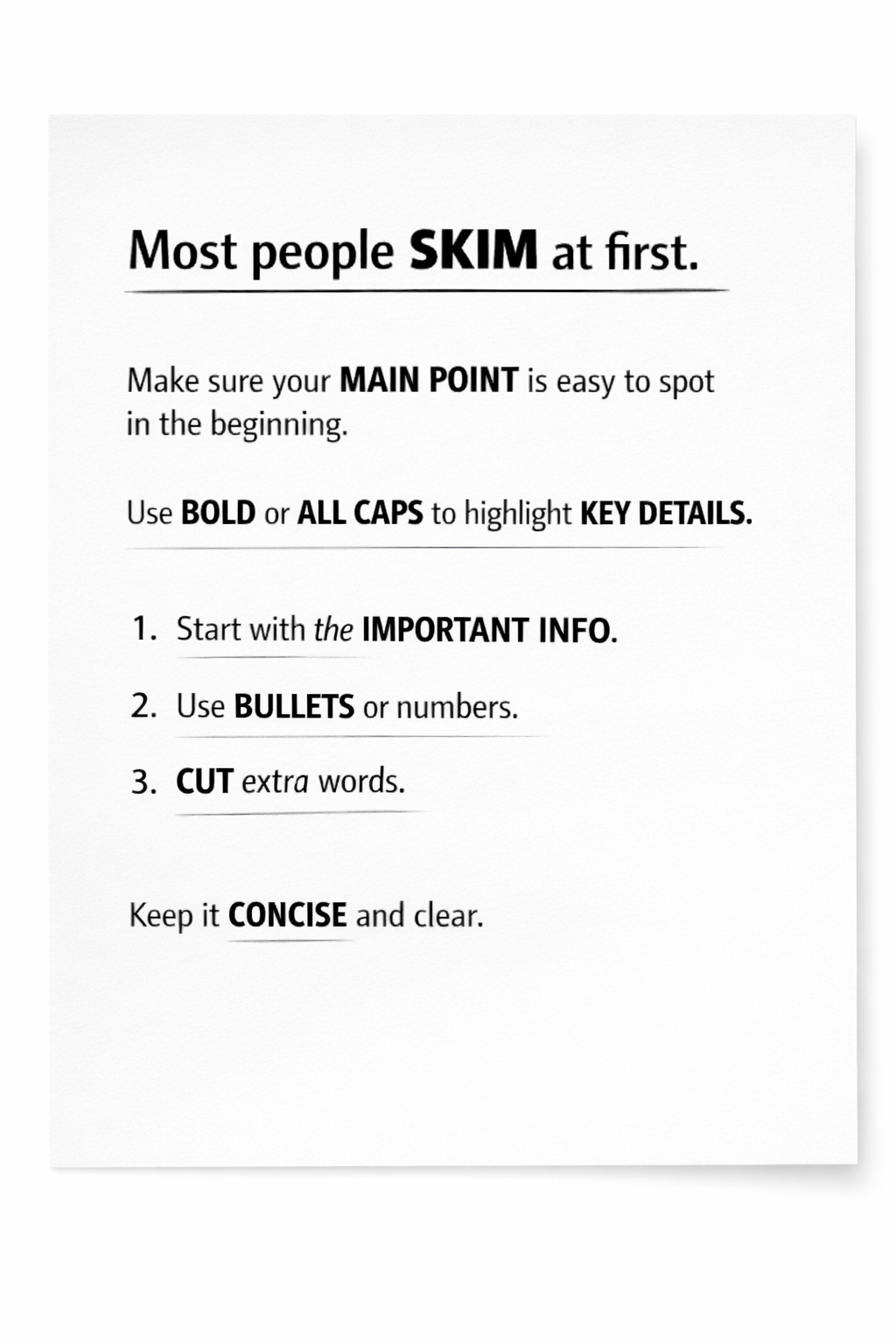Nib #25: Robot Talk
The most common (and glaring) problem I see in young writers’ work is “Robot Talk” — the stringing of words together in an order no human being would ever speak.
Here is an example, a sentence taken from a mock constituent letter from a congressman, about biological males playing girls’ and women’s sports:
“I have witnessed first-hand the declarations of young females on the fear and injustice they have experienced across several aspects which come with people competing in the category of their chosen gender when it is not their biological sex.”
If you read the sentence carefully, you can discern a vague sense of its author’s meaning. It’s something like, “Young women have told me they find playing sports against biological males unfair and unsafe.”
But how does that turn into “fear and injustice they have experienced across several aspects”?
I think the reason is insecurity, which explains why Robot Talk-writing is most common among students and young professionals. The problem is not that they are bad writers, or bad thinkers. It’s that they are trying to impress their readers (teachers, supervisors, hiring officers) and fear their own voices won’t cut it.
Robot Talk is literary imposter syndrome. It stems from a desire to sound profound. That’s why it doesn’t work.
Authentically smart people don’t try to seem smart. They try to be clear. They use words and sentences their audiences can easily understand. Go read an essay by Yuval Levin or a dissent by Antonin Scalia. No matter how abstruse the topic, you’ll understand every word.
Only frauds and show-offs, like third-rate academics, deliberately traffic in inscrutable, rococo language. Good writing clarifies; bad writing confuses.
The good news for young writers is that Robot Talk is easy to fix. It’s a two step process. The first is — as always — to read your drafts out loud as you edit and revise them. Your ear will almost always notice Robot Talk when spoken — because it won’t sound like normal speech.
The second, and even more important cure for Robot Talk is … just relax. Don’t try to write like you imagine people smarter than you sound. Trust your own voice.
Good writing doesn’t sound “smart.” It sounds clear. It sounds human. It sounds a lot like you when you’re just being yourself.
Until next week… keep writing!











